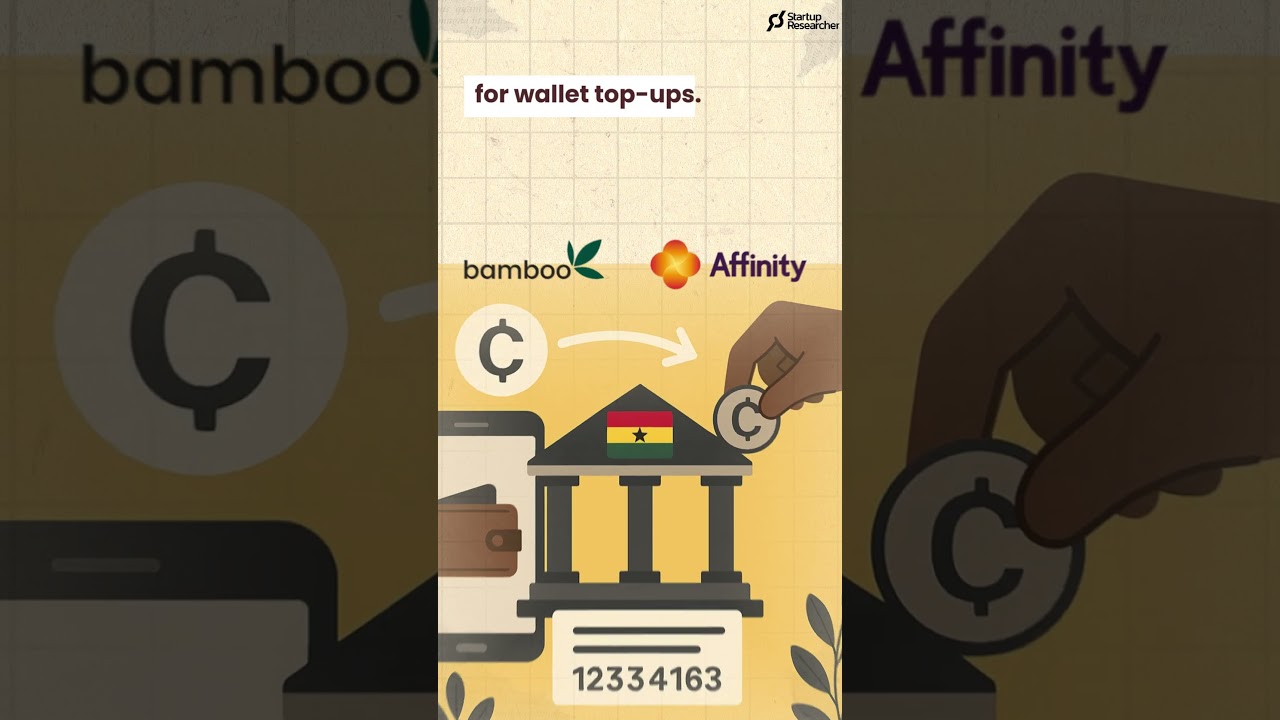Despite Ghana’s fragile economy, its currency’s wild slide, and the current global market situation, Bamboo, a retail trading software company with roots in Nigeria, remains optimistic about expanding into Ghana. Nevertheless, this is not the case for all non-payment fintechs serving consumers and SMEs.
CEO Richmond Bassey of the online brokerage app Bamboo said that the company was inundated with requests from Ghanaians for access to the app shortly after its introduction in Nigeria in 2020. To date, there are 50,000 people on Ghana’s waiting list. In September of this year, after waiting two years to gain approval from the Securities and Exchange Commission of Ghana, Bamboo finally became available to Ghanaians (SEC).
An increase in obstacles may await non-payment fintechs if the local and global economies deteriorate. However, Bamboo’s CEO claims he is undaunted by the economic downturn.
Read also: Experts Advocate Digital Inclusion
Tensions rise as headwinds increase
A 1.5% fee on electronic payments was already causing revenue problems for payment businesses in Ghana before the current crisis erupted.
Over the past three years, Ghana’s stock exchange has consistently placed among the top ten in all of Africa. Investors in Ghana’s stock market saw a 38.59% return in US dollar terms (or +43.66% in local currency terms) in the year ending in 2021, making it the second best performing public market in Africa. This success has surely prompted Ghanaians to put their money into the country’s publicly traded enterprises and funds. However, between November 2021 and November 2022, the local bourse dropped by 11.78%.
Investors Bassey has discussed the possibility of releasing a fixed-yield product with an 8% return to the Ghanaian market. Right now, you can only buy this product in Nigeria.
However, whether or not Bamboo will have the same success in Ghana as it had in Nigeria remains unclear. As new accounts continue to increase, Bassey is confident in his earlier prediction that demand will remain high. This is especially true given that most account holders appear to be investing in the company’s stock for the long haul.
Even then, it’s possible that consumers will become more frugal as a result of Ghana’s failing economy, as it has for Bamboo’s more established competitor in the United States.
Kenya, Huawei Collaborate to Train Students on Cybersecurity
A disordered economy
The debt and currency crises in Ghana have compounded the country’s economic woes. Inflation of 37%, a record high, is adding to the economy’s woes. Three days of business closures occurred in October as a result of a protest over rising prices. Joseph Obeng, head of the Ghana Union of Traders Association, the largest retailers’ lobbying group in the country, recently warned local media that this year’s high inflation, exchange, and interest rates have “seriously destroyed” shop owners’ capital by more than 50 percent.
The government of Ghana is attempting to control the economy by any means necessary, including conducting raids on currency exchange bureaus and banning food imports in the way of Nigeria.
In 2022, it is expected that the costs of paying off the country’s debt will take up 47 percent of the country’s income. percent of the country’s income. As the government tries to keep revenue from falling and keep the value of the Ghanaian cedi up, talks are going on for a $3 billion IMF rescue program. The government’s plan calls for “traders to tone down profiteering, which is adding to inflationary pressures,” despite the fact that rising prices are eating into their bottom lines.
The CEO of Financial Mobile Suite, which offers wealth management, loans, tax administration, and payments, Richard Duodu, said that the sudden big collapse of the cedi caused panic withdrawal as more consumers resorted to changing their money into dollars. With the business clients Duodu’s organization worked with making “hair cuts,” the number of withdrawals slowed down.
Customers are adjusting to the new normal, and we can only pray that the IMF deal, which appears to be our last resort, turns out to be the miracle we need.
A loan from the IMF, on the other hand, will cost a lot: investors in Europe, Africa, and other places will lose $14 billion in foreign bonds, which are debt instruments. and severe reductions in the public budget. This news has not been received well by overseas investors. Ghana has been in 16 other IMF programs since it got its independence in 1957. This one will be on the 17th.
The IMF’s signature “austerity” policies may also take a while to show any positive results. The people of Ghana would experience the effects of this in the short term.
One founder of a financial technology company said that the hyperinflation hit one of their clients, a frozen food company, hard, cutting into revenues by as much as 70 percent. When pressed for more information, the fast food chains that were found to be this SME’s primary customers revealed that they were unable to pay the high cost of cooking oil, which was necessary for frying the chicken. The cost of oil had increased by 200 percent in just a week, which led to this situation. In the words of the company’s creator, “[Cooking oil] is currently selling at 500% YTD.”
















